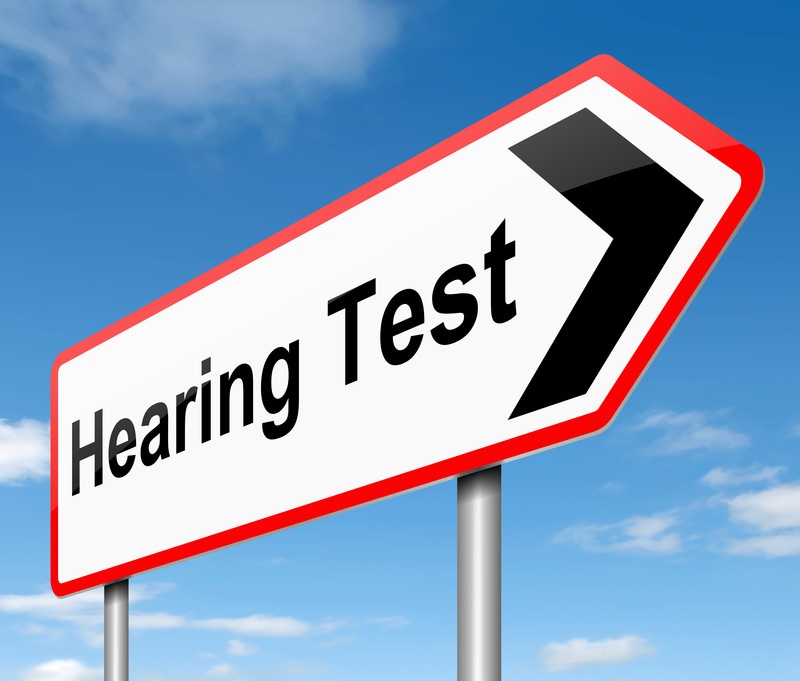
In the US, roughly 37.5 million adults have some amount of hearing loss. Yet according to the National Institutes of Health (NIH), only 20 percent of those who could benefit from hearing aids actually use them. That means that millions of Americans who could enhance their life with better hearing decide not to do so.
And that’s not all.
After being told that they require hearing aids, people wait on average 5-7 years before even purchasing them—which is too bad, because for those that do choose to wear hearing aids, the results are overwhelmingly favorable.
Many studies have found that wearing hearing aids improves relationships, enhances general physical and mental health, and even increases household income, as reported by the Better Hearing Institute.
Regrettably, 80 percent of those who could use hearing aids will never see these benefits. And of those who will, it’s a shame that they have to wait way too long.
The question is: if people are delaying 5-7 years before getting a hearing aid, what is finally convincing them to do so? And if we understood the reasons, would it encourage us to address our own hearing loss quicker?
With that in mind, we’ve compiled the most common “triggers” that have prompted our patients to finally schedule a hearing test.
Here are the top five:
1. Not being able to hear the grandkids
Here’s one we’ve heard more than a couple times.
The thing about high-frequency hearing loss is that the sounds most difficult to hear are generally higher-pitched. That makes the female voice and the voices of children particularly hard to understand.
Consequently, many people with hearing loss miss out on what their grandchildren are saying, or alternatively have to make them repeat themselves. After a while, the grandkids start evading the grandparents, and this offers a powerful incentive to book a hearing test.
2. Strained relationships
Communication is the basis of any healthy relationship, which is the reason hearing loss is so frustrating for both individuals.
If you suffer from hearing loss, you may think everybody else mumbles, but your spouse probably thinks you talk too loud or “selectively listen.” This creates tension, and before long, you find yourself in more arguments than normal.
Unfortunately, many people wait until their spouse is at a breaking point of frustration before booking a hearing test. We’ve witnessed first hand that lots of problems could have been avoided if hearing loss were attended to sooner.
3. Feeling left out
How confident and involved can you really be if you can’t fully grasp what others are saying?
Many individuals with hearing loss lose their self-confidence and sociability when it’s easier to avoid the situation than it is to struggle to hear and comprehend what’s being said. This takes many down a road of solitude.
It’s this experience of isolation—and missing out on social activities—that encourage people to grab the phone and schedule a hearing exam. And there are very few activities that hearing loss doesn’t influence in a harmful way.
4. Being unproductive at work
We’ve heard countless stories of people that attain their breaking point at the office. Frequently they’re at an important meeting and can’t hear their colleagues sitting across the table. They either have to disrupt the meeting to get people to communicate louder or repeat themselves, or otherwise have to stay silent because they can’t follow along.
There’s a reason why wearing hearing aids is correlated with higher household income in those with hearing loss. If you have better hearing, you’re simply more self-confident and productive at work.
5. Concern about total health and well-being
Last but not least, people are becoming progressively more mindful of the health hazards connected with hearing loss. While there are many ailments linked with diminished hearing, the most alarming connection is that between hearing loss and dementia. According to Johns Hopkins University researchers, seniors with hearing loss are significantly more likely to develop dementia over time than those who maintain their hearing.
What’s your reason?
The bottom line is that many people wait too long to address their hearing loss, despite the fact that the majority of hearing aid users state that their lives have been enhanced with better hearing.
If you wear hearing aids, let us know the reason you decided to arrange your first hearing test. Your response may result in helping someone in a similar circumstances to achieve the benefits of better hearing sooner rather than later.
